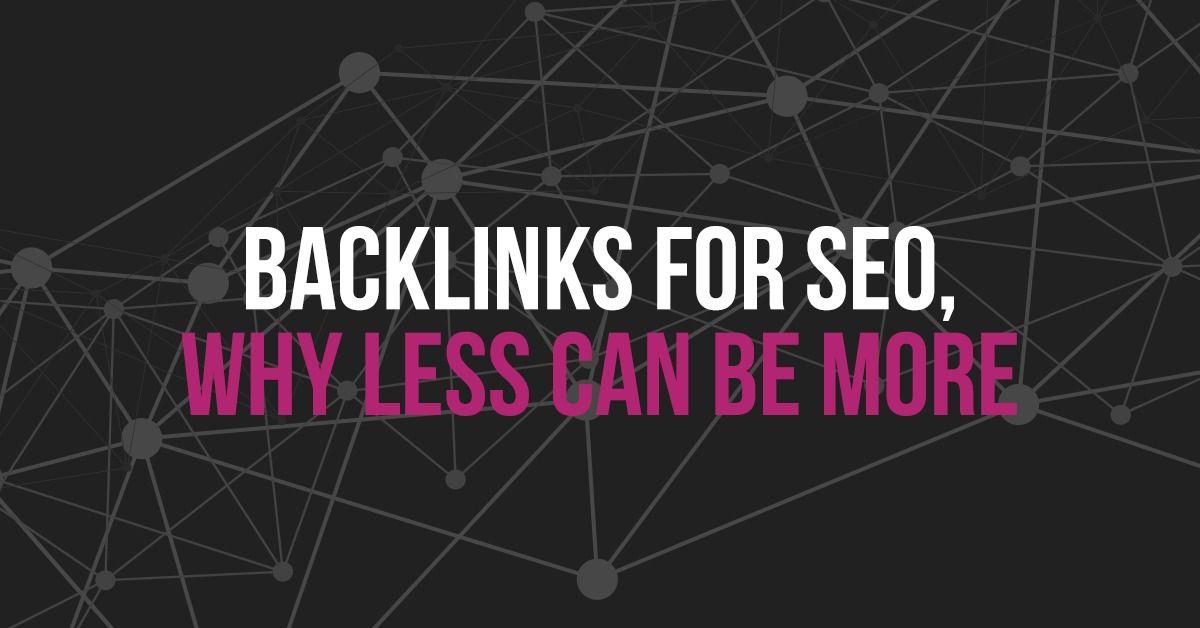Over the years, Google has gotten wise to this sort of behaviour and the (then) head of search at Google, Matt Cutts, launched the Penguin and Panda updates. These were aimed at reducing web spam and low quality websites. Sites that existed for the sole reason of providing backlinks, such as spam-filled directories, were the first to go. Similar link farm websites and “blackhat” related sites followed.
The aim of all this is that Google want to rank a site by the quality of its content, not by how much they spend buying links and spamming their way to the top. Low quality sites should not rank, and Google would prefer they didn’t exist. This all seems fairly reasonable, and to a large degree, it was successful.
Backlinks are still hugely important if you want your site to rank well. It’s seen as a vote of confidence or an endorsement over the content of your site from a third party. A good quality backlink might be a link from a popular / high quality site that’s closely related to your own, a low-quality link might be a random mention in a specialist directory or an unrelated link on a low-quality website.
Despite Google penalising websites that buy links or spam links to their site all over the internet in an unnatural fashion, you could previously still rank well by having lots of low-quality backlinks. As long as they’re built in a natural way and not considered spam they would still add some “link juice” to you site.
Recently however, Google’s John Mueller stated that the total number of backlinks now has no bearing on how well a site ranks. John had the following to say:
“I don’t think we differentiate like that in our systems. From my point of view, I would tend not to focus on the total number of links to your site, or the total number of domain links to your website, because we look at links in a very different way.”
The total number of links “doesn’t matter at all”. This means a site with a single strong backlink could potentially rank better than a comparable site with lots of low-quality links. The lesser links would simply be ignored.
This is important as lots of SEO agencies will focus on building large volumes of links in an effort to get your site ranking higher. This change could mean their efforts will be in vain, and the thousands of pounds you pay per month could see very little return.
Do you pay a company to handle your search visibility? Do they build you piles and piles of links every month? If so, perhaps it’s time to re-evaluate what they’re doing or how you’re spending your advertising revenue.
